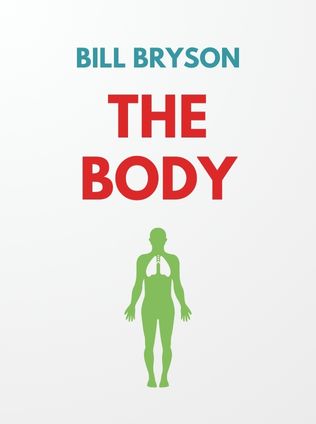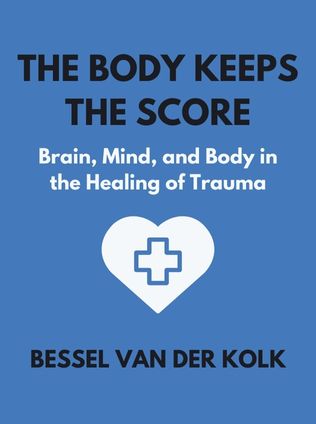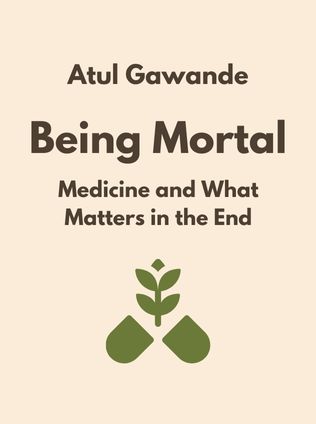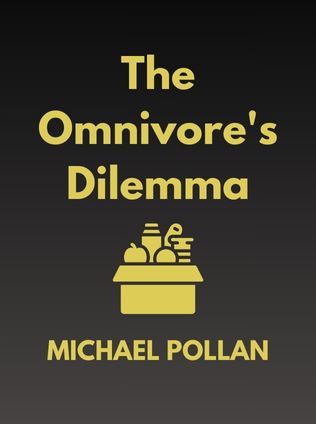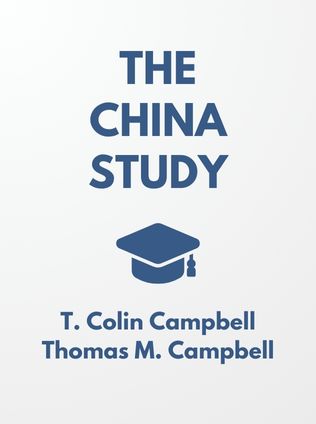
The China Study
The Most Comprehensive Study of Nutrition Ever Conducted and the Startling Implications for Diet, Weight Loss, and Long-term Health
By T. Colin Campbell and Thomas M. Campbell
Published 12/2004
About the Author
T. Colin Campbell, Ph.D., is a renowned biochemist and professor emeritus at Cornell University, who has dedicated his career to understanding the connection between diet and health. With a background rooted in the study of nutrition, biochemistry, and toxicology, Dr. Campbell has contributed to over 300 research papers and has been at the forefront of some of the most significant studies on diet and disease. His work spans decades, and his contributions to the field of nutritional science have made him a prominent figure in advocating for dietary changes to improve public health.
His son, Thomas M. Campbell II, MD, co-author of "The China Study," is a physician who shares his father's passion for nutritional health. Together, they have created a powerful narrative that challenges the status quo in the world of nutrition, making the case for a whole foods, plant-based (WFPB) diet. Their collaboration in "The China Study" blends scientific rigor with practical advice, making the book both an informative and inspiring read.
Main Idea
"The China Study" presents a compelling argument that our diets, particularly the consumption of animal-based foods, are at the heart of many chronic diseases that plague modern society. The Campbells argue that by adopting a whole foods, plant-based diet, individuals can not only prevent but also reverse conditions such as heart disease, diabetes, obesity, and even cancer. The book is grounded in extensive research, including the landmark China-Cornell-Oxford Project, which studied the relationship between diet and disease across different populations in China.
At its core, the book challenges the traditional understanding of nutrition, advocating for a paradigm shift in the way we view food and health. The authors aim to debunk myths surrounding protein and fat consumption, instead highlighting the dangers of animal-based foods and the benefits of plant-based nutrition.
Table of Contents
- Introduction
- Chapter 1: The Roots of Disease
- Chapter 2: The China Study
- Chapter 3: Turning On and Off Genes
- Chapter 4: Heart Disease
- Chapter 5: Obesity
- Chapter 6: Diabetes
- Chapter 7: Cancer
- Chapter 8: Autoimmune Diseases
- Chapter 9: Common Myths About Nutrition
- Chapter 10: A New Perspective on Nutrition
- Chapter 11: Recommendations for a Healthier Life
- Conclusion
Chapter 1: The Roots of Disease
In the opening chapter, the Campbells lay the foundation for their argument by exploring the roots of chronic disease. They assert that the Western diet, rich in animal-based foods and processed products, is the primary culprit behind the high rates of heart disease, cancer, diabetes, and other chronic illnesses in the United States. They contrast this with the diets of rural populations in China, who consume predominantly plant-based foods and have significantly lower rates of these diseases.
The authors emphasize that this is not merely a coincidence. Instead, they argue that the connection between diet and disease is both profound and undeniable. They present data showing that as societies become more Westernized and their diets shift toward higher consumption of animal products, their disease rates increase correspondingly. This observation forms the backbone of the book’s thesis: "The foods we eat have a powerful influence on our health, and changing our diets can dramatically alter our disease risk."
Chapter 2: The China Study
The China Study, which serves as the centerpiece of the book, is one of the most comprehensive studies of nutrition ever conducted. The research involved a partnership between Cornell University, Oxford University, and the Chinese Academy of Preventive Medicine, and examined the dietary habits, lifestyles, and disease rates of people in rural China. The study's findings were groundbreaking.
The Campbells discovered that in areas where people consumed more plant-based foods, chronic diseases such as heart disease, cancer, and diabetes were virtually non-existent. Conversely, in regions where diets included more animal-based foods, these diseases were much more prevalent. The data collected was so compelling that it led Dr. Campbell to re-evaluate everything he had previously believed about nutrition.
"We found that even small amounts of animal-based foods can increase the risk of disease, while plant-based foods are consistently linked to better health outcomes." – T. Colin Campbell
The study provided robust evidence that diet plays a crucial role in determining health outcomes. It also highlighted the vast differences between plant-based and animal-based diets in terms of their impact on disease risk.
Chapter 3: Turning On and Off Genes
One of the most fascinating aspects of "The China Study" is the discussion of how diet can influence gene expression. The Campbells explain that while our genes play a role in determining our susceptibility to certain diseases, it is our diet that can "turn on" or "turn off" these genes.
Sign up for FREE and get access to 1,400+ books summaries.
You May Also Like
The Body Keeps the Score
Brain, Mind, and Body in the Healing of Trauma
By Bessel van der KolkFactfulness
Ten Reasons We're Wrong About the World – and Why Things Are Better Than You Think
By Hans RoslingBraiding Sweetgrass
Indigenous Wisdom, Scientific Knowledge and the Teachings of Plants
By Robin Wall Kimmerer









